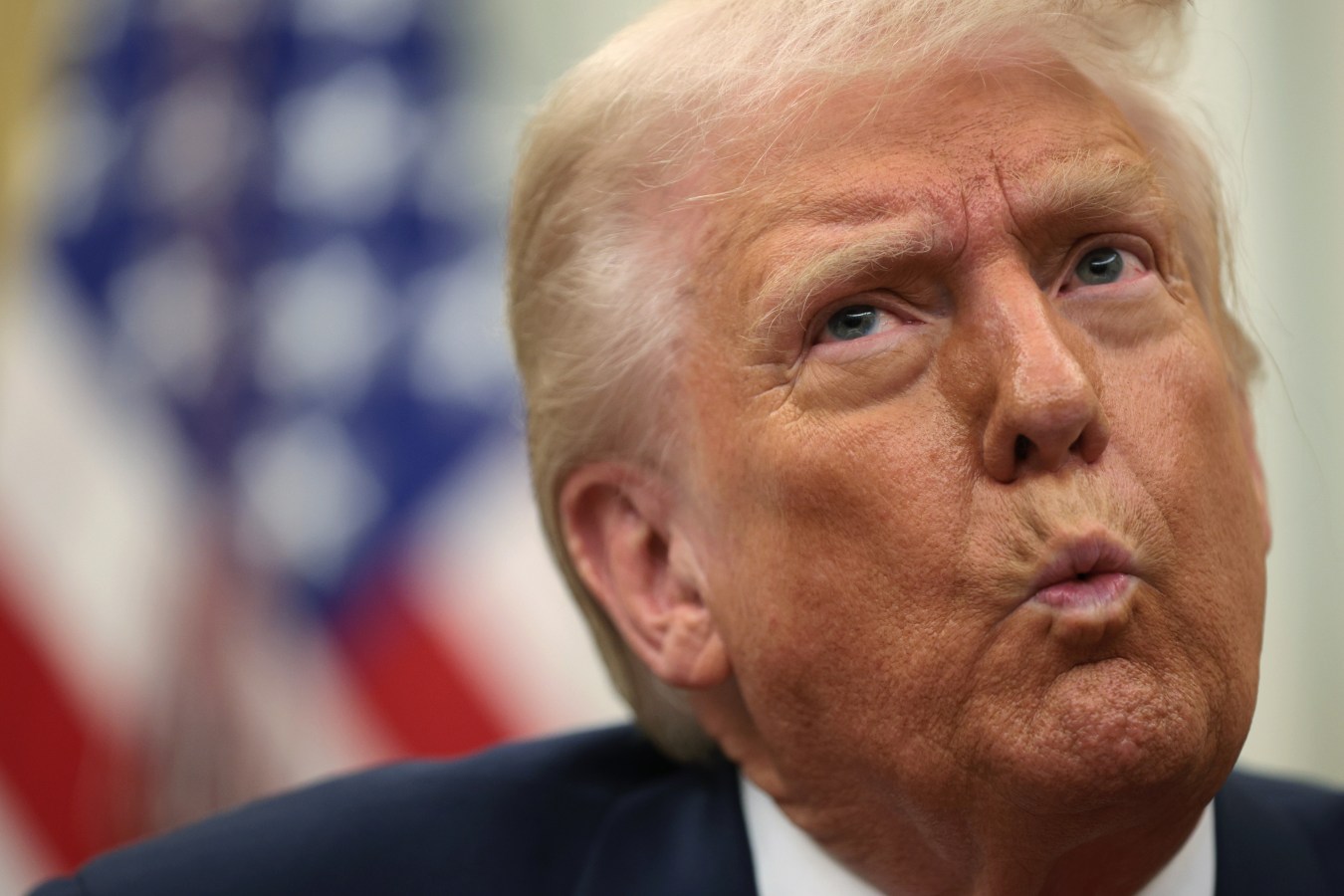Legal suppliers of magic-mushroom-derived psilocybin and MDMA, aka ecstasy, are rushing to meet the market following Australia’s recent approval of their clinical use. Two founders speak to Forbes Australia about their plans.
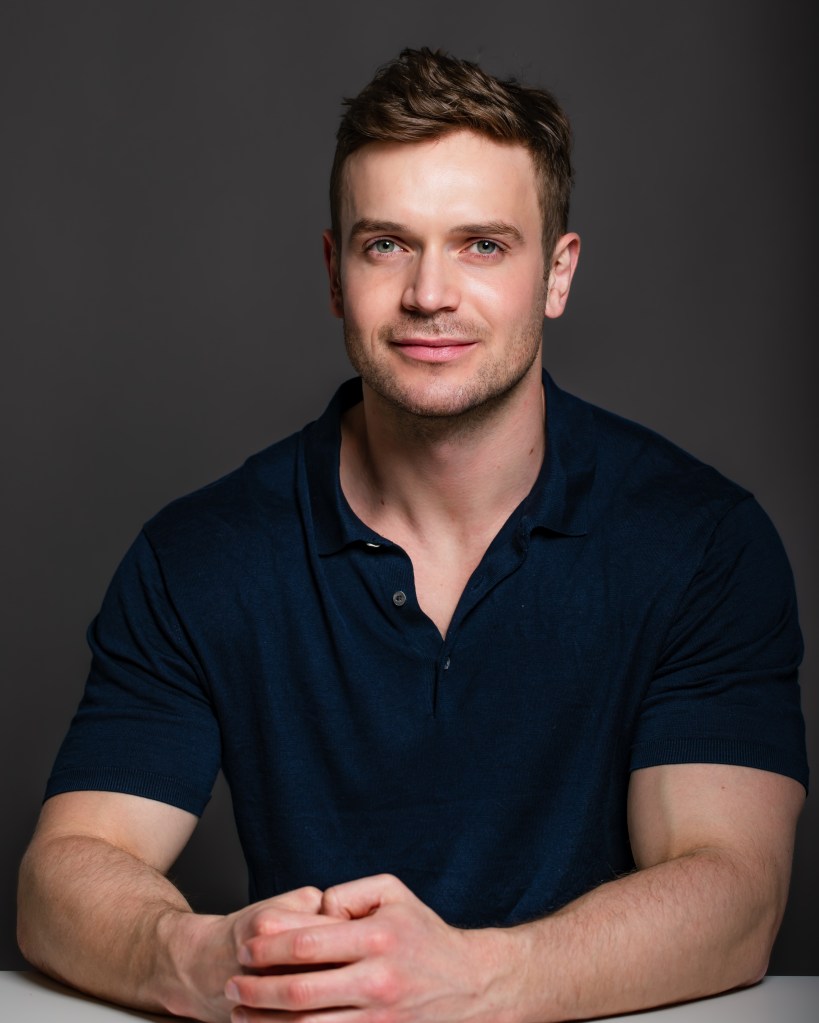
JJ Wilson, son of Lululemon’s billionaire founder Chip Wilson, shipped his first load of MDMA to Australia last week ahead of a load of magic mushroom-derived psilocybin in coming weeks. Meanwhile, local start-up Natural Medtech ramped up its production of synthetic psilocybin, having gained the crucial “Good Manufacturing Practice” [GMP] status.
JJ Wilson founded the legal magic mushroom company, Optimi, with two friends in 2021, expecting that their sole market for the foreseeable future would be supplying the multiple clinical trials studying psychedelics’ usefulness in treating various mental afflictions.
But Australia’s sudden clearance of psilocybin and MDMA for limited clinical uses from July last year changed the landscape. “What’s interesting about what’s happening in Australia is, because we have two products that are actually being delivered for patient use [MDMA and psilocybin], it’s skipped through any sort of clinical trial format, which makes Optimi’s products the first products in use for patients legally in the world,” Wilson tells Forbes Australia.
The first batch of 160 MDMA pills was loaded into a secure van at a nondescript blue warehouse in Princeton, a mining and timber town in the mountains of British Columbia, Canada, last week, passing multiple checks, before being loaded onto a plane bound for Australia.
“I make the product, so I think it was important for me to understand the product and understand what I was getting myself into.”
Optimi co-founder JJ Wilson
The customer was Mind Medicine Australia – the not-for-profit which lobbied hard for the relaxation of the psychedelic laws in Australia. Mind Medicine was tracking the shipment which was due to arrive in Melbourne this week, where it will be shipped to a pharmacist licensed to handle schedule-8 drugs, Mind Medicine chair Peter Hunt said.
For all that to happen, new bureaucratic hurdles had to be created then leapt over. Optimi was recently awarded a Drug Establishment License from Health Canada, qualifying it to supply 40mg and 60mg MDMA capsules and 5mg psilocybin capsules to regulated markets around the world.
At the Australian end, Mind Medicine Australia had to get an import certificate allowing Optimi to participate in the prescription market known as the Authorized Prescribers Scheme in Australia.
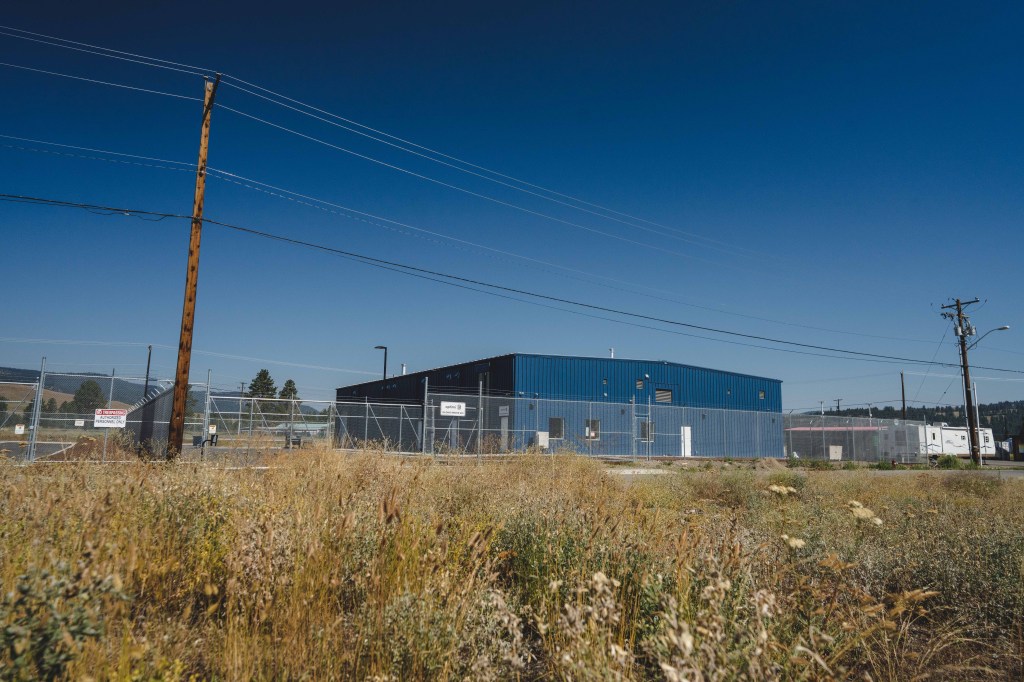
It has not been easy going for Optimi. It has been reported to be losing C$1 million a quarter and its stock price is down to C31c from its highs over C90c in February 2021 soon after its initial public offering. In late 2022, Business News reported that Lululemon founder Chip Wilson – valued by Forbes at US$4.6 billion – bought 9% of Optimi for C$3.3 million.
The company completed another investment round as the first Australian shipment was getting underway last week, JJ Wilson says.
“Our goal for positive EBITDA is by 2026,” Wilson says. “We just announced our third financing today for C$5 million, and that’s really to get us to drive a patient portal and data collection.”
Opportunity lies in the fact the majority of the world’s supply of psilocybin has to date come from small research-based, non-profit labs, Wilson says, even as governments start to loosen controls and as the number of studies into the effectiveness of psilocybin to treat mental illness grows.
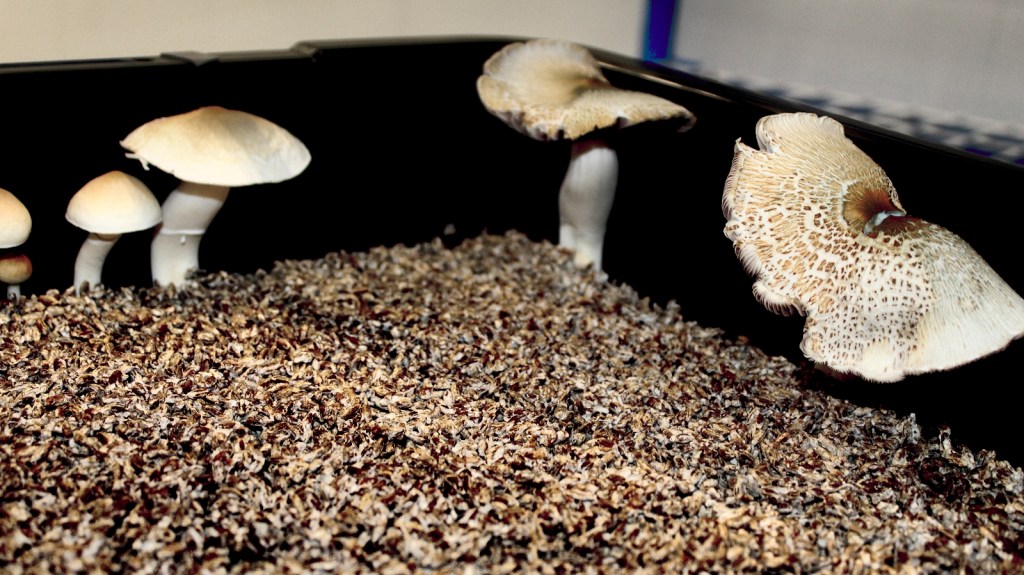
Canada has freed up psilocybin for end-of-life therapies, Wilson says. “The Netherlands is following suit very closely to Australia. Interestingly, Thailand is also following suit. There’s a momentum happening. You can feel it.”
Psychedelics have been given a legal or decriminalised foothold in numerous countries, the BBC reports, including Equatorial Guinea, Cameroon, Republic of the Congo, South Africa, Australia, the Bahamas, Brazil, the British Virgin Islands, Canada, the Czech Republic, Costa Rica, Israel, Jamaica, Mexico, Nepal, the Netherlands, Panama, Peru, Portugal, Samoa, Spain, Switzerland and the United States.
Wilson says his father has been supportive with money and advice. “He’s amazing. He’s an entrepreneur at heart. He’s very supportive of any entrepreneurial endeavour that me or my five brothers have. We have a sharing relationship in business. We have quite a complex family office that we now mange as a result of Lulu … and I’m very excited about him coming in and supporting Optimi with his knowledge.”
“Helping a rich person get richer, it gets really unfulfilling at many points in your career.”
Natural MedTech co-founder Luke McFarlane
JJ Wilson traces his interest in psychedelics back to his family’s interest in yoga. “It has grounded me in any understanding of mind, body, soul, and I’ve had my own personal journey with health and wellness. Mental health as well. I’ve had a few friends and some family members follow suit and use these products to treat their own versions of depression and their own versions of alcoholism, and saw very profound – I don’t want to use the word rapid, but very quick – positive effects. And they have been trying for many years to battle these mental health issues.”
After the author Michael Pollan released his book and Netflix series, How to Change Your Mind in 2019 and 2020, Wilson saw psychedelics quickly go mainstream and seized the opportunity with his Vancouver high-school friends Dane Stevens and brothers Bryan and Jacob Safarik, to create Optimi.
Dane Stevens worked in his family’s gemstone business with production facilities in Bangkok. “And Jake and Bryan Safarik come from a tuna-canning family business … They set off on their own after the family sold the business a couple years ago and opened up an organization called BC Green [Pharmaceuticals], which is one of Canada’s largest manufacturers of cannabis, regulated by Health Canada.
“So that’s where they really came in to make sure that the business was in terms of capital allocation, spending our money the best way it could be spent, so that we’re not circling back 100 times over, trying to make changes that are super costly, that are sort of these unknown moving goal posts that Health Canada puts in place and then changes their mind. So they knew that. They prepped us, so we expected it.”
“A single psychiatrist could probably have up to 50 patients on their books going through this over a three-month period.”
Peter Hunt, Mind Medicine Australia chair
Meanwhile, Mind Medicine Australia was struggling to find a reliable source. “In the last five years, we have seen drug developers who made initial batches of these medicines, but no longer do it because it hasn’t been commercially viable for them with small batch sizes or they had challenges creating stable medicines,” Mind Medicine chair Hunt said in an email.
“In contrast, our supply agreement with Optimi Health has proven to be reliable and cost- effective. It should be noted that, like medicinal cannabis, the rollout to begin with is slow but then accelerates as the positive results come in.”
Mind Medicine was funding a registry at the Australian National University to collect data from psychiatrists using the therapies which, Hunt said, would “lead to increased confidence and demand for these therapies as it becomes obvious to everyone that these therapies are safe and lead to excellent outcomes”.
At the same time as this first shipment was taking place, Australian start-up Natural MedTech has achieved Good Manufacturing Practice [GMP] status to produce its line of synthetic psilocybin. Natural MedTech had teamed up with the University of Western Australia’s fungal genetics team to patent a process to produce its 99% pure version of the psychedelic. They’ve also teamed up with ASX-listed IDT Pharmaceuticals to purify the product and put it into pills.
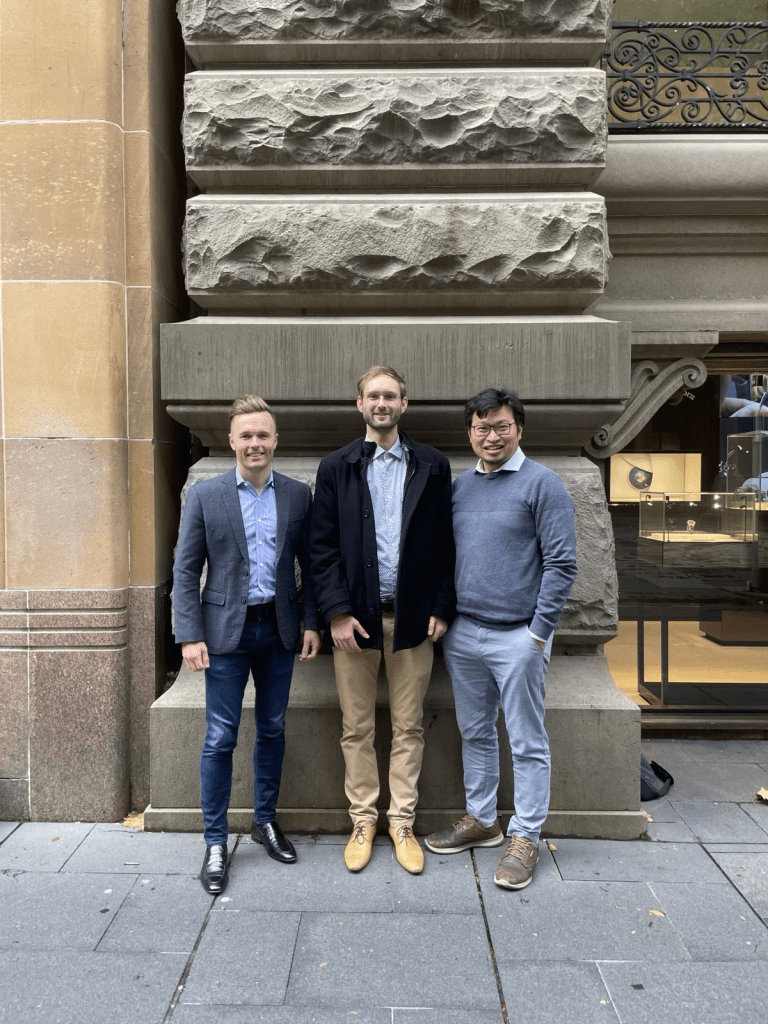
“Our IP is a precision-fermentation process to make tryptamines,” explains co-founder Luke McFarlane. “Tryptamine has about 40 different derivatives. All of the classic psychedelics fit under those derivatives. So DMT, psilocybin, psilocin, LSD, they’re all tryptamine derivatives, and our business is looking to manufacture all of them for researchers, clinical trials and the authorized prescriber scheme, globally, to help increase access, lower the cost and give people the opportunity to study these so that we can get them into commercial medicines.”
Speaking last week on the day they began their first GMP production run, McFarlane says Natural MedTech would start shipping before the end of August.
“After walking the valley of death as a startup, we’ve gotten to a point now I think we’re all a little bit dangerous in terms of the amount of knowledge we know.”
Luke McFarlane
“Our first commercial customer is the Australian National University. They are an Australian government-funded study, a phase-two study for treatment-resistant depression.”
Our first commercial customer is the Australian National University. They are an Australian government-funded study, a phase-two study for treatment-resistant depression. They got given a $15-million grant.”
McFarlane says there are 175 studies underway or planned, globally on psilocybin alone. “We’ve got about a kilo and a half of capacity [about 30,000 doses] to sell of pure psilocybin over the next 12 months. The opportunity is very large.”
McFarlane says there are 175 studies underway or planned, globally, on “psilocybin and suicide” alone. “We’ve got about a kilo and a half of capacity [about 30,000 doses] to sell of pure psilocybin over the next 12 months. The opportunity is very large.”
Much of that capacity will go to Australian “authorized prescribers”, but he also says they’re open to subsidizing supply for “new researchers that are looking to widen the scope of what these potential medicines can do. Most people think of psilocybin as just depression, but really it goes out into anxiety. It goes out into anorexia, alcohol use disorders, gambling addictions. It is a very diverse list of clinical studies and clinical applications that are ongoing with just the one drug.”
McFarlane’s background was as in capital markets for the Kerr Neilson-founded, George Souros-back, Platinum Assests Management. “I was just unfulfilled as an investor,” McFarlane says. “Helping a rich person get richer, it gets really unfulfilling at many points in your career. I would say that I’ve followed the psychedelic space for a long time. I didn’t know how I could ever add value in the space until 2021 when I met Mark Hestermann, my co-founder.
“Mark put himself through RMIT University to get a degree in biotechnology specifically to go and build this business. And when I met Mark, I got an opportunity to write the first checque and finance his business. And then naturally, sort of just jumped on as an MD to help him guide the ship.
“I was quite naive initially, and after walking the valley of death as a startup, we’ve gotten to a point now I think we’re all a little bit dangerous in terms of the amount of knowledge we know. It’s really exciting.”
McFarlane says Natural MedTech should be able to outcompete psilocybin made from mushrooms once the economies of scale kick in. “Think of our precision fermentation like a gin distillery. That’s the size that we’re looking to scale into. And once we’re in that area, we should be able to produce for hundreds of thousands, if not millions of people globally.”
Asked whether mushroom-derived psilocybin could compete on price with the precision-fermented version, Wilson says it remains an open question for Optimi. “I don’t think we even really know how to appropriately price our products yet. I think people are kind of shooting numbers out in the dark, to be honest. I mean, we know how much it costs us to make it, and we know what our goal margin is. When it comes to the synthetic stuff, right now it’s probably very expensive to make. In the future, it’s going to be significantly cheaper. That will depend on economies of scale and what order quantities look like.
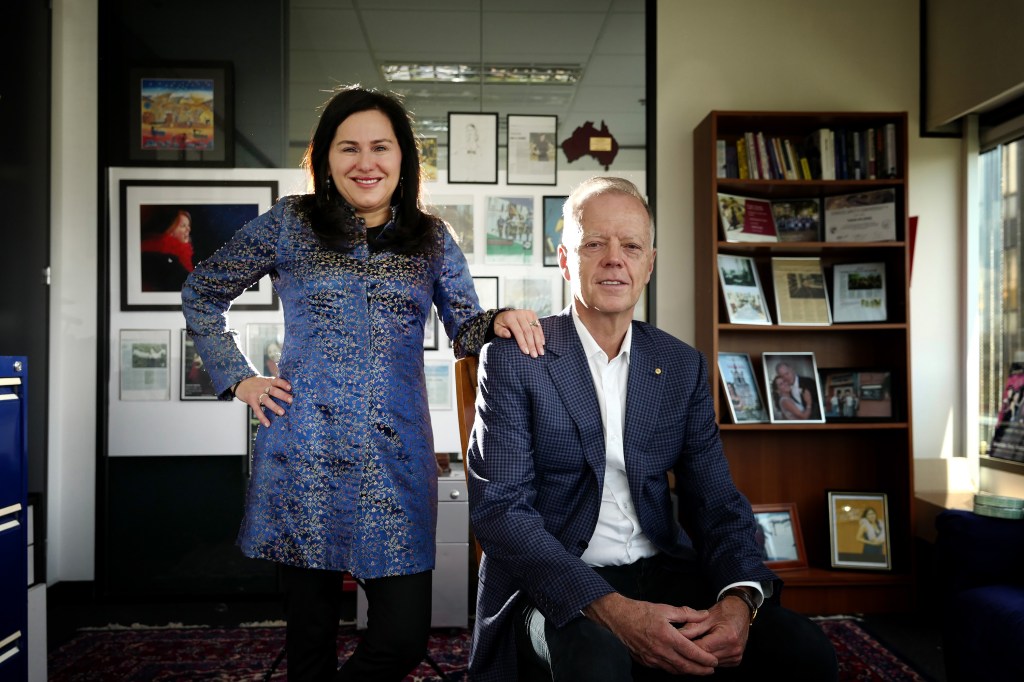
“I think having a natural-first mindset is good. I think that’s the way the world is moving at large, when you start thinking about everything from organic foods, how people are thinking about their bodies and aging and longevity and health span, and you know, the natural first approach is where I think this will ultimately get to.”
And yes, Wilson has tried the product. “I’ve done two different versions of psychedelics retreats,” he says. “I make the product so I think it was important for me to understand the product and understand what I was getting myself into and what I was making, and how the products could actually help people. I’m not hiding that in any way.”
Only 16 patients having gone through the treatment in a clinical – as opposed to a research – setting, that Mind Medicine’s Hunt was aware of. But that number is likely to increase fast. “Psychiatrists who have become APs [approved prescribers] have told us that the aim will be to have 100 patients completing the treatment by the end of calendar 2024.”
Only 10 practitioners have so far been approved by Australia’s Therapeutic Goods Administration to prescribe MDMA and psilocybin, the TGA’s chief medical officer Dr Robyn Langham said at a press conference last month.
This number will also most likely rise fast. Hunt was aware of nine psychiatrists who have undergone the training and in the process of applying to become “authorised prescribers”.
Mind Medicine intends to train 160 clinicians this calendar year, of whom 23 are psychiatrists.
“The most time-consuming part of this treatment is the psychotherapy which the psychiatrist doesn’t need to be directly involved with,” Hunt said. “The psychiatrist just needs to bring in the therapists and supervise the overall treatment. That means that a single psychiatrist could probably have up to 50 patients on their books going through this over a three-month period.
“To date we have trained over 400 clinicians of which 54 are psychiatrists. By the end of this year, this number will have increased by 15 to total 69 psychiatrists. Not all of these will immediately apply for authorised-prescriber status, but most will … This will support a large number of patients going through the treatments.”

